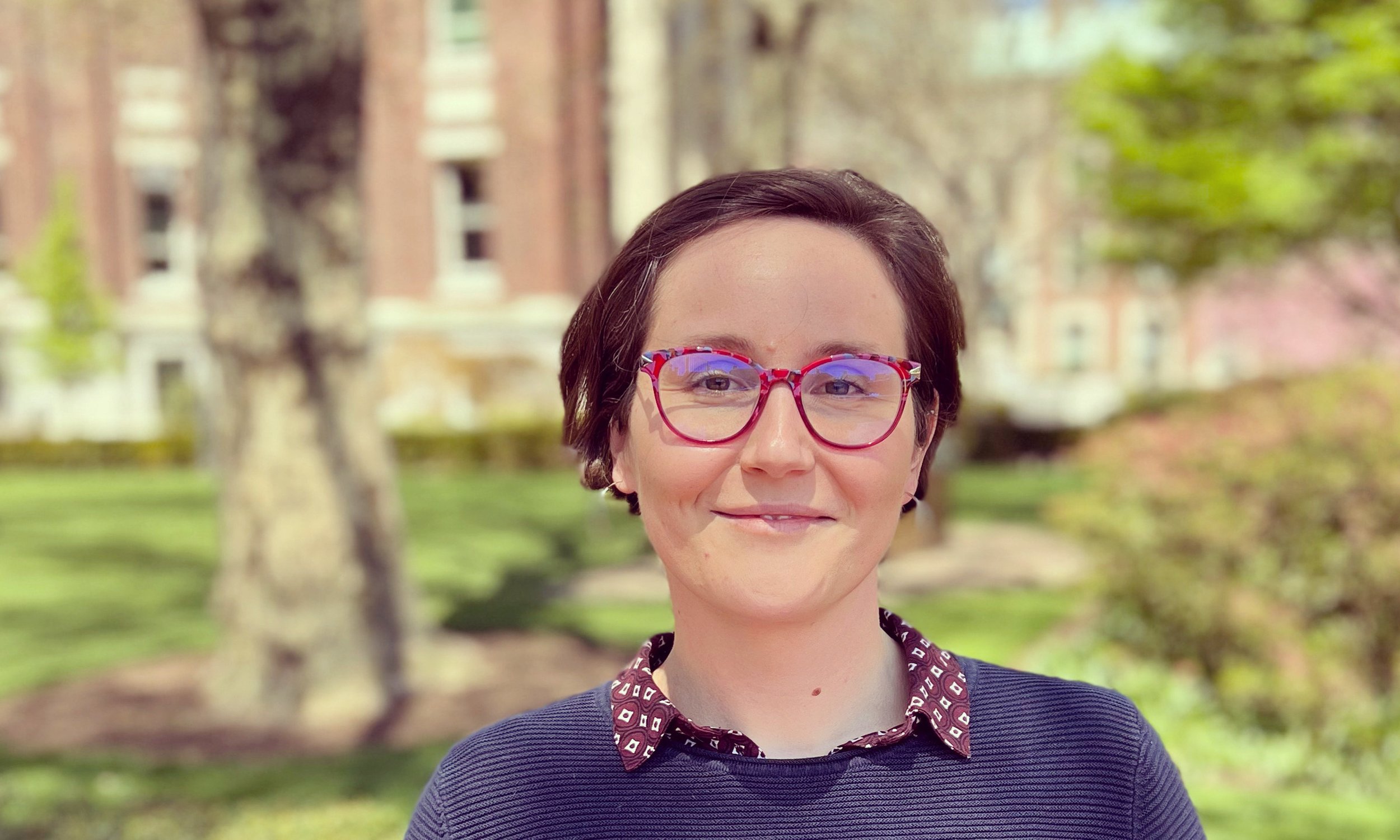
Orsolya Lehotai
Orsolya Lehotai is a Ph.D. candidate in Politics at The New School for Social Research. Her work is broadly situated in understanding Hungary’s non-democratic political transformation since 2010.
Orsolya Lehotai is a Ph.D. candidate in Politics at The New School for Social Research. Her work is broadly situated in understanding Hungary’s non-democratic political transformation since 2010. This transformation is often referred to by Hungary’s Prime Minister Viktor Orbán and by scholars as the “illiberal turn.” Within this political context, Orsolya focuses on Hungary’s overseas diaspora politics and diplomatic engagements in Canada in the past 14 years and conceptualizes them as different modalities of the illiberal state’s “transnational statecraft.”
Orsolya’s research argues that the transnational statecraft of the Hungarian state has a twofold objective. One goal of the regime is to establish a stable sense of illiberal self after the state’s “illiberal turn;” a second is to legitimate this illiberal domestic project and mask its authoritarian conditions across transnational geographies. To achieve these goals, the regime’s transnational statecraft has strategically included a range of practices in mobilizing both the Hungarian diaspora and different illiberal political actors in Canada. Orsolya argues that this range of practices and the corresponding modalities of transnational statecraft were designed to govern and manage the regime’s ongoing insecurities around both in- and outmigration, which threatens its twofold objective of the illiberal state.
Throughout the dissertation, Orsolya’s research zooms in on these mechanisms and modalities of transnational statecraft and illustrates the ongoing processes of regime legitimation in Hungary’s diaspora in Canada, given both the significant number of Hungarians who sought asylum in Canada during the past 14 years and the simultaneous circulation of historically situated narratives of refugeehood surrounding earlier waves of Hungarian refugees in the 20th century. In parallel with the Hungarian regime’s attempts to establish its new sense of illiberal self while seeking legitimacy abroad, the conversations surrounding these cases of asylum seekers exposed two important ambiguities. Firstly, the regime’s making of its illiberal self is built on repressive political conditions and non-democratic policies, which the state has tried to actively deny, conceal, or minimize. Secondly, its narratives of self are riddled with contradictions, which were also cracked open by the discourse around Hungarian asylum seekers.
At GIDEST, Orsolya will focus on the fourth chapter of her dissertation exploring questions surrounding what sort of political work the discourse about Hungary’s contemporary illiberal political conditions does to our existing political lexicon. Her entry point into this exploration is the role of the pro-regime diaspora in Canada in generating narratives of the illiberal self and its proclaimed “illiberal democracy” while strategically masking the state’s non-democratic conditions, against the backdrop of political outmigration and ongoing asylum cases from Hungary. This research aims to also push for new interdisciplinary analytical categories for understanding conditions in authoritarian countries and in non-democratic political projects beyond a static nation-state framework, particularly as they engage in different mechanisms of transnational statecraft, including but not limited to diaspora politics.